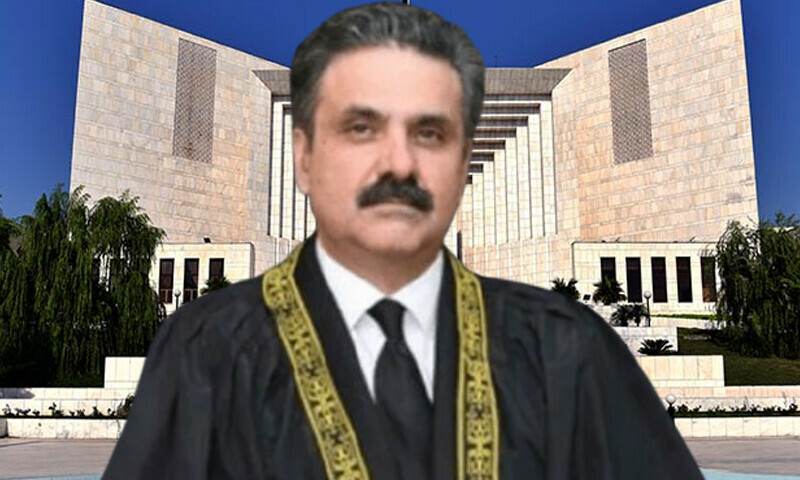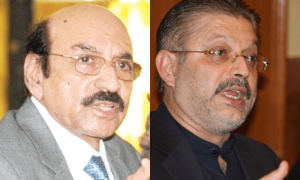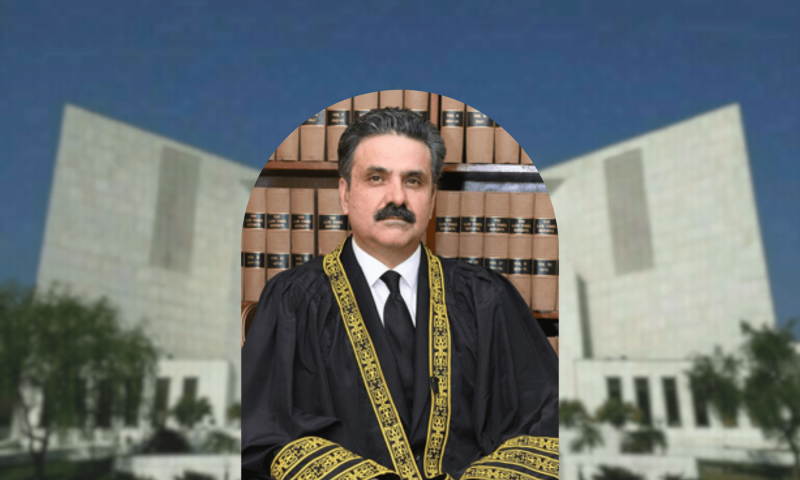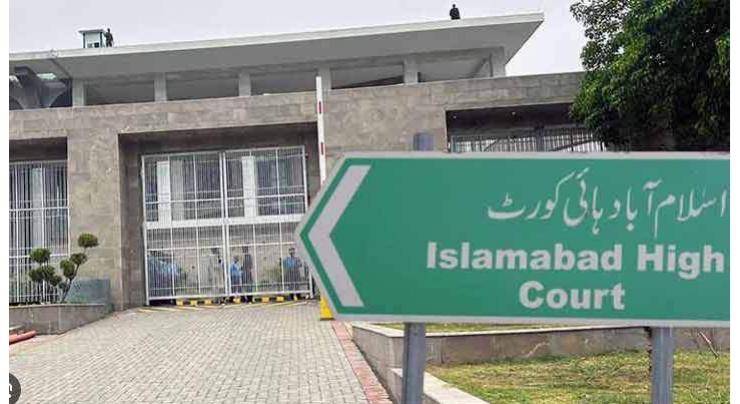LEGAL

The Islamabad High Court (IHC) has declared Syed Farhad Ali Shah an enforced disappearance/missing person until he safely returns home. This decision follows Farhad's alleged abduction on May 15 and a series of court orders and petitions filed by his wife seeking his recovery.
The Human Rights Commission of Pakistan had called for Farhad's immediate release, intensifying the pressure on authorities. The petition filed in the IHC demanded his location, production before the court, and accountability for those responsible for his disappearance.
Justice Kayani framed 12 critical questions focusing on the roles and obligations of various intelligence agencies, including the Inter-Services Intelligence (ISI), Military Intelligence (MI), and the Intelligence Bureau (IB). After multiple IHC orders, Farhad resurfaced on May 29, with the government informing the court that he was in the custody of the Azad Jammu and Kashmir (AJK) police for allegedly obstructing a public servant’s duties.
On June 1, Farhad was taken to a health facility in Muzaffarabad for a medical check-up following a request by his counsel before an anti-terrorism court (ATC). However, last week, an AJK ATC rejected his bail plea, citing that the legal arguments presented did not apply to his case.
On June 7, the IHC disposed of the petition seeking Farhad’s recovery, noting that the ongoing proceedings were causing hardship to him. In a written order issued for the same hearing, Justice Kayani mandated that once Farhad returns home, the investigating officer of Islamabad’s Lohi Bher police station must record his statement under Section 164 of the Code of Criminal Procedure (CrPC) before a judicial magistrate and proceed with the investigation accordingly.
Justice Kayani also addressed the need for a larger bench to handle cases of enforced disappearances. He ordered that these cases be presented before IHC Chief Justice Aamer Farooq, who may use his administrative powers to form a larger bench to ensure these public interest matters are addressed more effectively.
Further directives included inviting the director generals of the ISI, MI, IB, and the Counter Terrorism Department (CTD) to the next Criminal Justice Committee meeting. The goal of this meeting would be to discuss protecting citizens’ rights and addressing enforced disappearances within legal boundaries.
The order also specified that cases pertaining to national security affairs should be heard in-camera, with important matters potentially being reviewed by a larger bench after briefing from top investigative institution heads. Additionally, it was directed that such cases should not be reported in the media.
The IHC acknowledged and appreciated the efforts of all court assistants (amicus curiae) who contributed to the case concerning enforced disappearances.




